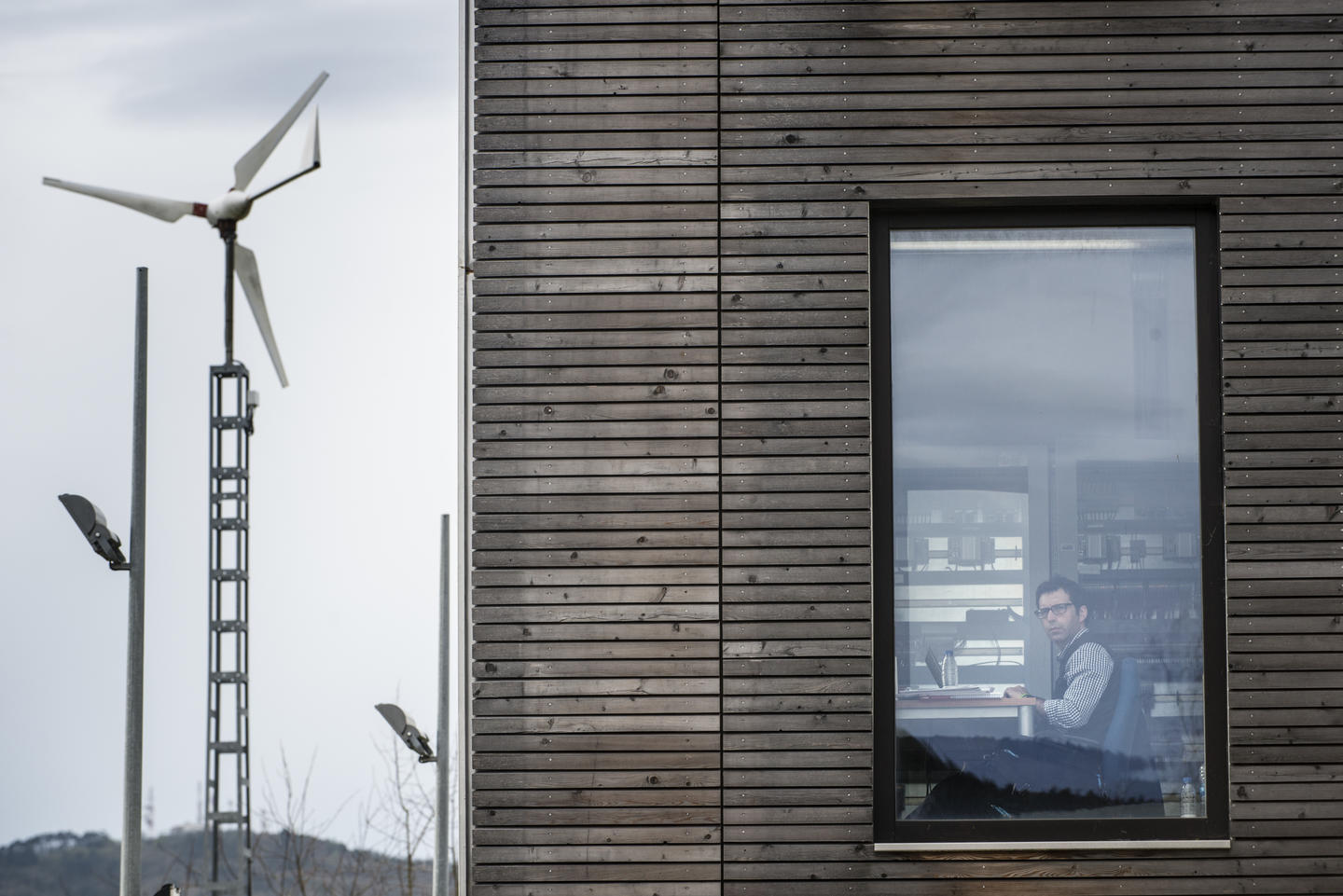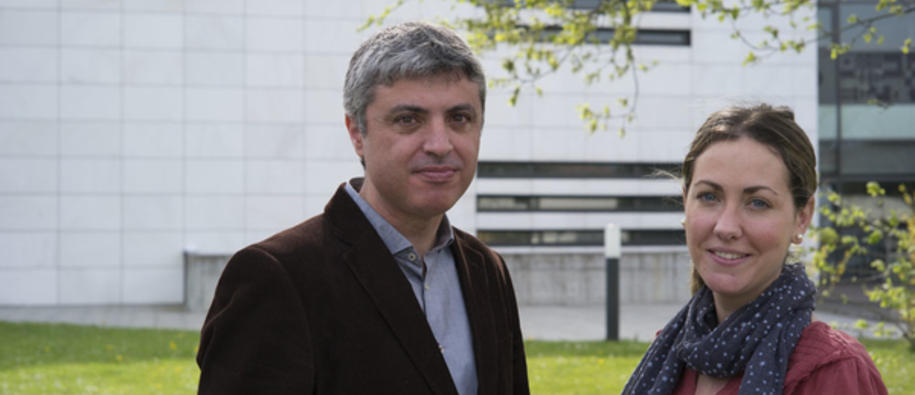Spain is a recognised global leader in renewable energy production. This has stimulated the growth of a thriving industry based on innovation, research and development (R&D). Remarkable figures from the Spanish grid operator show that greenhouse gas emissions from Spain’s power sector are likely to have fallen by 23% in 2013 as power generation from wind turbines and hydroelectric plants soared.
Business-led
In funding company-driven, innovative projects, the programme is looking to build on this success. Increasing knowledge transfer from universities and research bodies to innovative businesses operating in the environmental sector is an important aspect. Almost 100 projects have been approved so far out of an initial 185 proposals. One hundred and eight companies are taking part. Eighty-five involve universities and research centres. These projects are now getting up and running. A further 150 applications have been submitted in the second call for proposals and are currently under evaluation.
“Minimise the risk, maximise the outcome”
The projects selected so far are wide-ranging, from biofuel development to research on marine power generation and energy storage systems. But what makes this programme really distinctive is the mix of grants and loans. The Centre for Technological Industrial Development (CDTI) - the Spanish public body that runs the programme - is providing ‘soft’ loans (i.e. offering flexible or below-market repayment rates) from 75% to 85% of the eligible costs.
“By harnessing soft loans and grants, you minimise the risk for the company and maximise the outcome,” said Luis Enrique San José, CDTI’s Head of Analysis and Investment.
“The programme is opportune. It comes at a time when investing in the development of new technologies is more important than ever to overcome the economic crisis, especially for small and medium-sized enterprises. This investment can help companies achieve a commercial result in a difficult economic climate,” he added.
Bilateral ties
Spain’s competitive and hi-tech environmental sector presents opportunities for exporters of renewable energy technology from the donor countries. The potential to form partnerships with Spanish companies has been well exploited. Nearly half of the projects have donor partners.
“In Norway we have vast wind energy resources and expertise in renewable energy technologies such as hydroelectric and maritime. Ninety-nine percent of our energy consumption comes from renewable energy sources. I’m delighted with the response from Norwegian companies. This offers an excellent opportunity to gain market segment, develop joint capabilities and scope out future investment opportunities,” said Norwegian Ambassador to Spain, Johan Christopher Vibe.
Marine power
One successful project is being led by Ingeteam, a market leader in power and control electronics, electrical equipment and power plants. They have teamed up with Norwegian company Ulstein to develop new technology for power generation in marine vessels to improve efficiency and performance. Ulstein has valuable experience in marine electronics and developing system solutions for shipyards and ship owners worldwide.
Emissions from shipping are growing and are a big source of pollution. The concept developed will facilitate the integration of renewable energy systems and advanced energy storage systems in ships. Improvements of 25-30% are expected in terms of energy efficiency. Reduced fuel consumption will have a knock-on effect with significant cuts in emissions and pollution expected.
“When we heard about the EEA Grants programme we immediately saw a perfect fit,” said Juan Jose Valera, project leader from Ingeteam. “We’ve been working with Ulstein since 2007. This was a chance to build on that and harness our respective expertise in an ambitious project.”
Energy storage
Another project being run by Iberdrola - Spain’s number one energy group - is looking at the integration of power generated by photovoltaic (PV) plants to the energy grid. New large-scale PV farms are to be designed and research carried out into improving energy storage systems. Leading research organisations Tecnalia (Spain) and SINTEF (Norway) are bringing their expertise in energy storage technology as sub-contractors in the project.
Luis Malumbres Martinez, Head of Innovation and Technological Development at Iberdrola, acknowledges the value of the linkages being developed: “We will benefit enormously from working with our research partners. We also see this project as a springboard for future collaboration – not only opening new channels of communication but also new markets.”
High interest
The high level of interest generated by the programme and large number of partners involved has been facilitated by the active programme partner, Innovation Norway, working in tandem with CDTI. CDTI organised numerous seminars around the country to promote the programme. Groups of Spanish companies and research organisations took part in study visits to Norway to explore potential bilateral projects and strengthen contacts with their counterparts.
Rodrigo Ballesteros Cruz, Senior Adviser in Innovation Norway’s office in Madrid underlined: “Success doesn’t just happen overnight. We’ve been working hard over the past three years to build up contacts and sow the seeds for the partnerships and projects that we now see getting off the ground.”
Read more about the environmental and climate change-related research and technology programme



